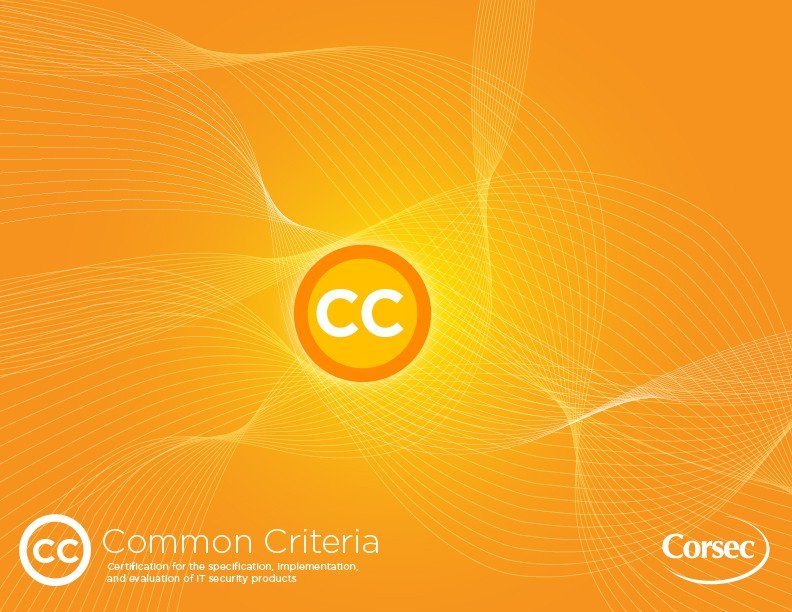A security validation is a substantial process—getting it started can be daunting. But you don’t need to decide everything up front—in fact, you shouldn’t. There are definitely some important considerations to work through, but there are some decisions you should put off until you are well into the process.
Technical Communities: Creating Common Criteria Protection Profiles
Who is Defining the Criteria That Your Products Will Need to be Evaluated Against? I have been involved in the Common Criteria (CC) community since the first International Common Criteria Conference (ICCC) in 2000. While I spend a lot of my time down in the weeds of Common Criteria issues, it’s refreshing to look at the Common…

